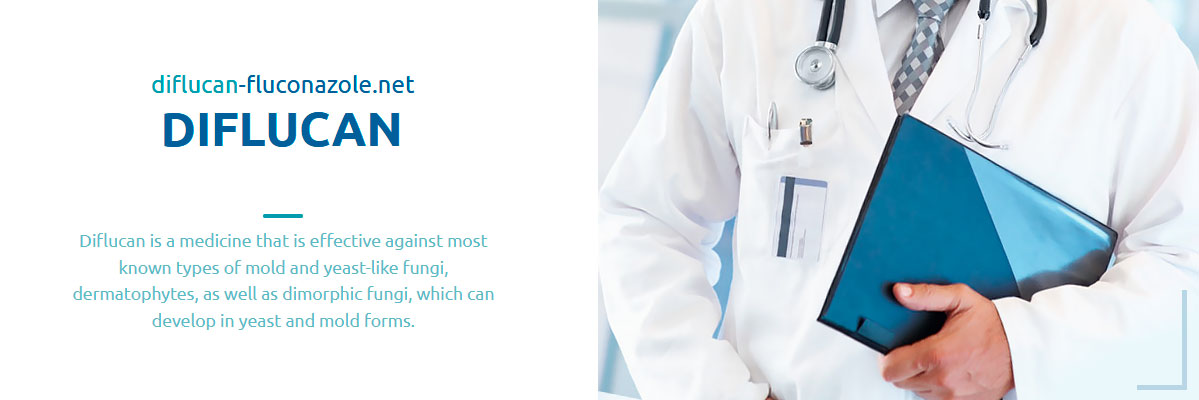There is no specific diet for psoriasis, since skin lesions do not appear from the ingestion of one or another food substance (as with allergic and atopic dermatitis and some types of eczema), but due to metabolic disorders. However, the diet helps, especially in the acute period, to reduce the intensity of the manifestations of psoriasis, speed up recovery and restore metabolism.
With eczema in some cases, for example, with abundant exudate, the patient is recommended a therapeutic 1-2-day fast under the strict supervision of a physician. In the case of psoriasis, the situation is reversed. In no case should you starve – this practice often has an effect opposite to the expected one. But unloading days are possible. A good effect is demonstrated by apple, kefir-curd and vegetable fasting days.
We should not forget that the body of a person with psoriasis is very sensitive to external factors, including allergens. Therefore, in the daily diet, allergenic foods should be minimized, and during an exacerbation it will be safer to exclude them from the menu for a while.
Potentially dangerous foods for psoriasis include citrus fruits, chocolate, eggs, whole milk, vegetables and fruits containing red pigment, fatty, salty, canned, spicy foods, and alcohol. It is important to know that the most preferred cooking methods are boiling, stewing, steaming, grilling. Vegetables can also be eaten raw.
It normalizes the digestive system, which means it has a positive effect on metabolism, a fractional diet. Food is taken 5-6 times a day in small portions.
Polyunsaturated fatty acids, which are found in seafood, sea fish and vegetable oils, have a positive effect on the condition of the skin. They contribute to the formation of prostaglandins in the body – hormones that regulate life processes, strengthen the walls of blood vessels, restore skin cells, and also regulate fat metabolism in the liver.
Fiber also affects the functioning of the liver. It also supports bowel function. Dietary fiber normalizes metabolism and maintains a balance of minerals. Vegetables and grains are rich in fiber.
Calcium and zinc are essential minerals for psoriasis. They have anti-inflammatory, anti-allergic and skin regenerating effects. Zinc also slows down cell division. Fermented milk products, leafy vegetables, nuts, seeds and soy are rich in calcium. Sources of zinc are liver, cheese, pine nuts and peanuts, red meat, beans and peas, buckwheat, oats.
It is important to maintain a balance of vitamins A, B (especially B6, B11 and B12) C, E. Thanks to their antioxidant activity, they maintain healthy skin and nails, neutralize inflammation, play a role in the synthesis of collagen and elastin, and participate in cellular processes.
